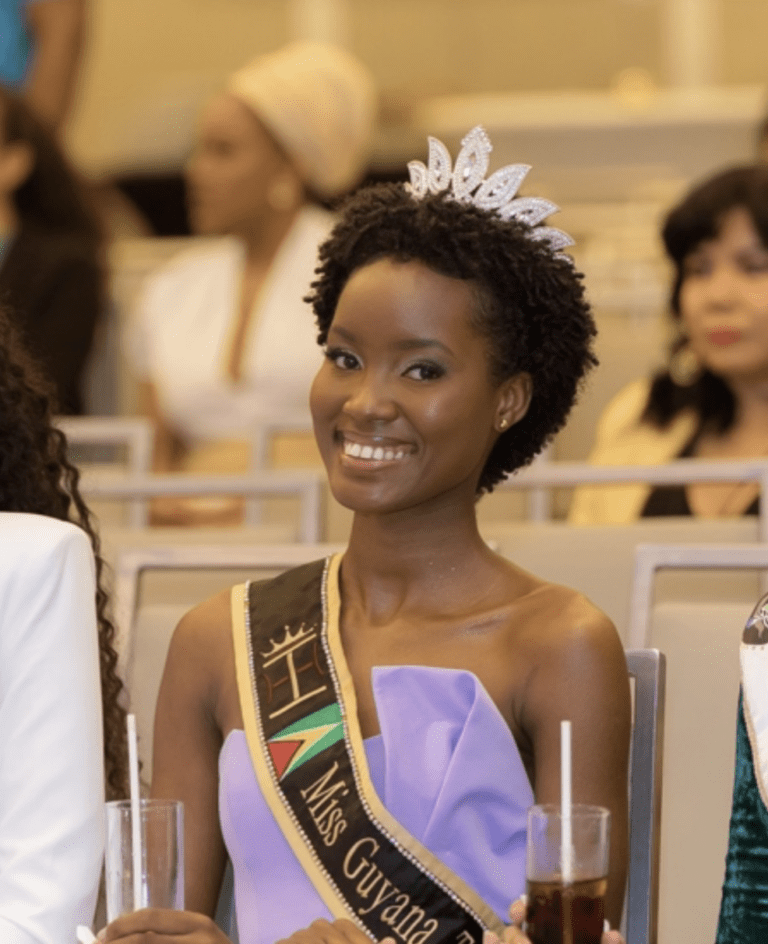A Guyanese Student’s Perspective on Caribbean History Education
By: Akeelah Andrew
June 24, 2024

Over the years Caribbean History Education has evolved. However, while many educators make claims of decolonizing the syllabus throughout Caribbean High Schools, I am of the opinion that there is still much work to be done. As a former history student, I often found myself underwhelmed and dissatisfied with the limits of the curriculum. As we explored topics like the Haitian Revolution and Indentured Servitude, in my opinion it was taught from a racially biased perspective. Unfortunately, this led some students to believe that they were superior to students of other races because their ancestors were incentivised for their labor while ours weren’t. It felt as though rather than our history being taught to us in an empowering manner, it was weaponised to create further divisions and misunderstandings among youth. Sounds ridiculous right? I agree.
Along with the racial bias attached to our education there were also several shortcomings in the information relayed to us. For example, our SBA (School Based Assessment) for English Language is typically a research project on a subject of our choice; these deficiencies in our curriculum became apparent to me during my research. My SBA topic was the Effects of Colonialism in the Caribbean, my group members and I all chose subtopics ranging from how colonialism affected Caribbean culture, religion and education. My subtopic was the impact of colonialism on religion in the Caribbean. The most shocking observation to me was the lack of information available on this topic in our textbooks. If I hadn’t utilised the other resources available to me, my project would not have been successful. Although disappointing, this was quite an eye-opening experience that led me to take charge of my own education.
Through my research, I became more informed and was able to further understand my roots. This understanding has shaped my identity in ways beyond my expectations. It answered questions I had about the origins of Christianity in the Caribbean and what my ancestors believed in and practiced prior to being colonised. I believe that discovering and curating your own identity requires understanding where you came from.
I’m hopeful that the future of reparations and education in the Caribbean looks like a more informed society. It’s my hope that our people become more interested and engaged in discussions about the importance of reparations. Based on the current youth engagement in social justice, I’m optimistic that our future is bright. Changes to the curriculum to more in depth, accurate, and engaging content are more likely to make education on reparatory justice more accessible. Regardless of the limitations and inaccuracies that currently taint our education system here in the Caribbean, there is an increasing number of communities on social media that offer more accurate and organic historical content. Some examples are @knowyourcaribbean and @twosaints on Instagram as well as The Repair Campaign. In all our efforts to spark change, may we never forget that realistically we can only change ourselves and hope to inspire others to do the same through education.
